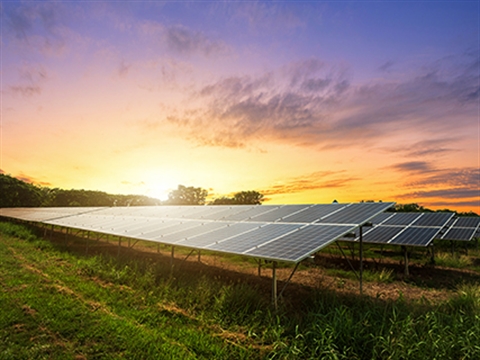
Support Northern Colorado Journalism
Show your support for North Forty News by helping us produce more content. It's a kind and simple gesture that will help us continue to bring more content to you.
BONUS - Donors get a link in their receipt to sign up for our once-per-week instant text messaging alert. Get your e-copy of North Forty News the moment it is released!
Click to DonatePlatte River Power Authority recently issued a request for proposals (RFP) to obtain up to 250 megawatts (MW) of new photovoltaic solar generating capacity that could begin producing non-carbon energy by 2025.
The RFP calls for the largest amount of new, non-carbon generating capacity to date and encourages any proposed project to include a battery energy storage component. The request also enables bidders to propose installations that could interconnect anywhere on Platte River’s transmission system, including the distribution systems in the owner communities of Estes Park, Fort Collins, Longmont, and Loveland.
“As we continue to work toward achieving the Resource Diversification Policy goal, our ongoing challenge will be to maintain Platte River’s core pillars to safely provide reliable, environmentally responsible and financially sustainable energy and services during a time of rapidly improving technology and resource costs,” said Jason Frisbie, general manager and CEO of Platte River.
“We need to proactively manage the intermittency of renewables as we continue to diversify our portfolio in preparation for a future without dispatchable coal resources.”
The Resource Diversification Policy was adopted by Platte River’s Board of Directors in 2018. The policy calls for leadership to pursue a 100% non-carbon energy mix by 2030, provided the organization’s core pillars are upheld. In 2020, Platte River maintained 100% transmission system reliability and provided power to its owner communities at the lowest wholesale rates in Colorado. With an additional 250 MW of solar generating capacity, Platte River estimates its overall annual energy production will be approximately 54% non-carbon.
For more information visit: prpa.org.
